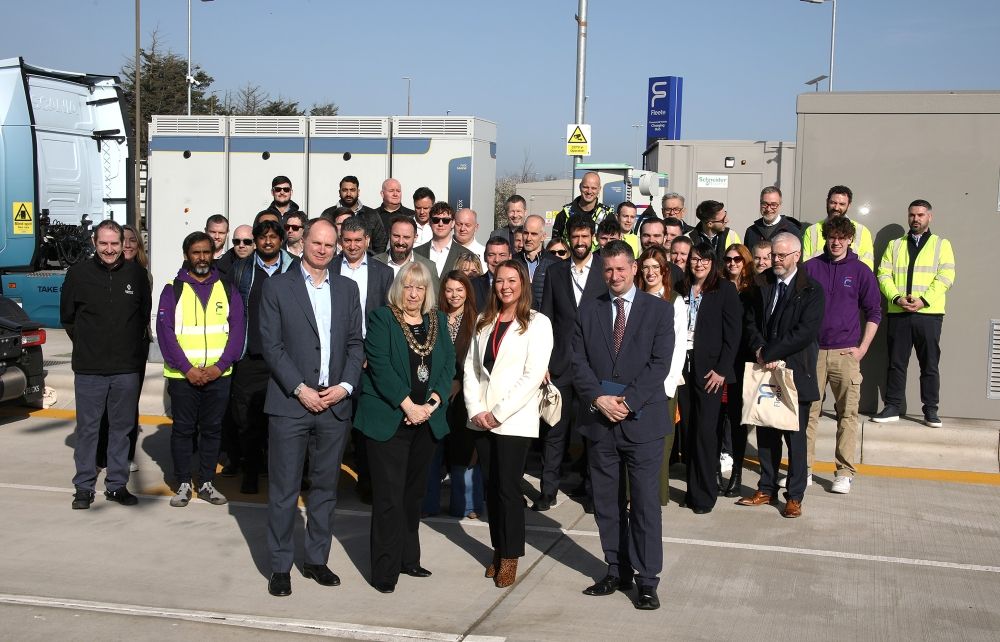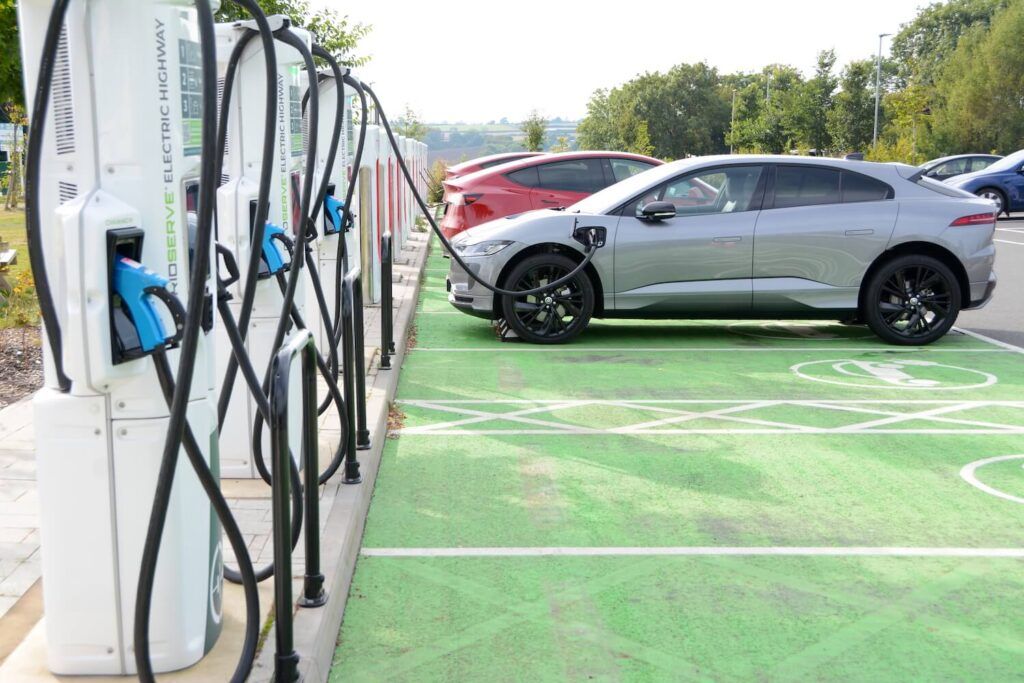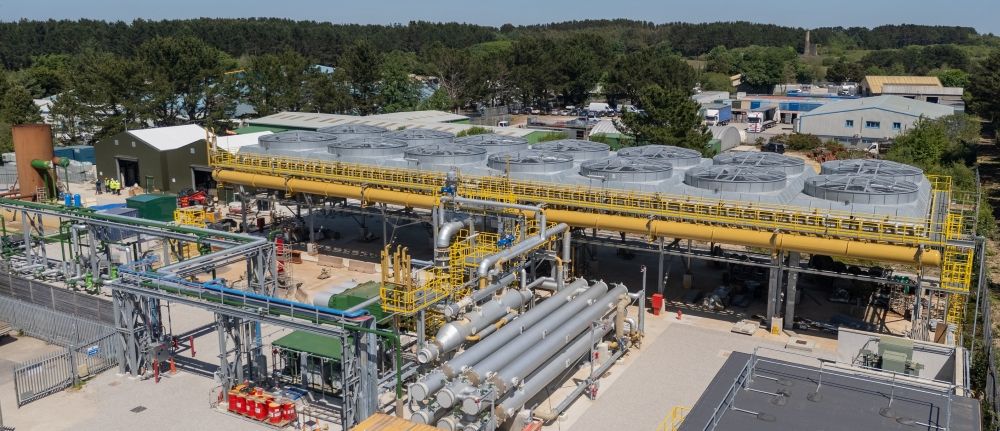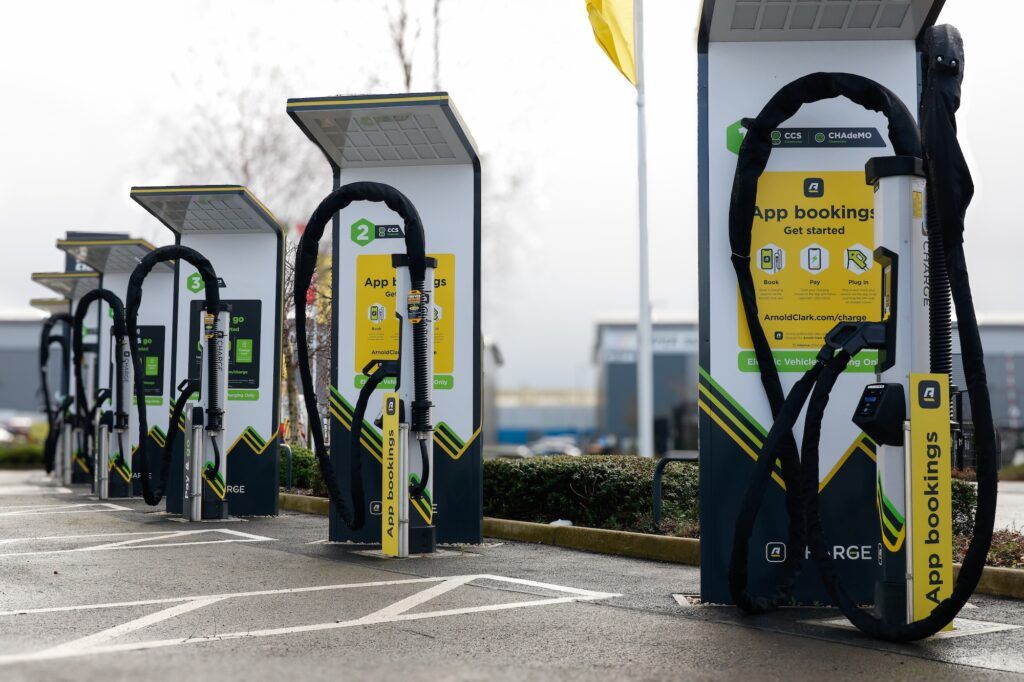A new platform aims to provide transparency on renewable tariffs and allow UK consumers see how much of their electricity comes from such sources.
The Matched Clean Power Index provides data on renewable power hour by hour, all year – ranking suppliers by the renewable power they deliver.
The Index is compiled by independent, not-for-profit energy transparency initiative Matched, using publicly available data and a peer-reviewed methodology.
Consumers currently choose 100% renewable suppliers or tariffs, but current claims are distorted by rules allowing non-renewables – including gas-fired generation – to be used during periods of peak demand, offset by buying Renewable Electricity Guarantee of Origin (REGO) certificates for power generated at different times of the year.
Up to a billion pounds a year is spent on REGO certificates – but money is not directed towards the investment in battery storage, demand flexibility, and renewable generation required when gas fills the gap.
The Index’s top performers for 2024-25 match at least two-thirds of their consumption to actual renewable generation. Across domestic and business portfolios, the top five suppliers are:
- Good Energy: 88% renewable across 0.4 TWh of consumption
- Bryt Energy: 78% renewable across 3.4 TWh
- Drax Energy: 77% renewable across 14.7 TWh
- Ecotricity: 71% renewable across 1.7 TWh
- Octopus: 69% renewable across 29.3 TWh
The Matched methodology also allows for calculations of hourly matching scores specifically for a supplier’s renewable tariffs.
For example, So Energy is 50% renewable across all tariffs but, working with Matched, showed that its renewable tariffs – 100% renewable under annual accounting – were 74% renewable across 0.7 TWh. Suppliers such as Good Energy and Smartest have gone one step further, by offering hourly matching tariffs to their customers.
Joe Kwiatkowski, founder of Matched, said:
“The existing rules for renewable claims are broken. Your supplier will have legally bought renewable certificates in the summer when solar power floods the grid, then used them to offset winter power generated from expensive and polluting gas.
“Suppliers are just following the rules, but the market in certificates is worth as much as billion pounds each year and our Index exposes why that’s money badly spent.
“The best performing suppliers in the Index invest in buying renewable energy that is well aligned with demand hour-by-hour. These suppliers are directing investment toward the flexibility Britain needs.
“We want energy users to use the platform to help guide which companies they use for their electricity supply and help to drive much needed regulatory change. That would give consumers a better deal; recognise the suppliers who are investing in diverse portfolios of renewables, batteries, and demand response; and drive a cleaner, more cost-effective energy system.”
Nigel Pocklington, CEO at Good Energy, said:
“The Matched index is giving much-needed transparency about the true sources of clean power – which is fundamental to Good Energy’s ethos. We now have a real opportunity to grow public confidence in clean power and this starts with transparency.”
Michael Campbell, Marketing Director at So Energy, said:
“So Energy are committed to green energy and welcome the additional transparency that Matched are bringing to this space. We take pride in making sure our customers are well informed as to the different types of renewable generation and are clear what each tariff delivers.
“We encourage those customers on our green tariff to vote for the source of renewable technology to cover their supply which in turn informs our strategy.”
Killian Daly, Executive Director at EnergyTag said:
“Today’s rules let suppliers claim solar at night — that’s absurd. Matched ends that fiction by showing where power really comes from in real-time. It rewards suppliers who keep the lights on with clean power when prices spike, cutting costs and driving gas off the grid.”
Duncan Oswald, Climate Science Lead at Sage, said:
“The Matched Index is a key step forward in transparency around sustainability claims. At Sage, we know that SMEs want to become more sustainable but often don’t have the knowledge or know-how to start their net-zero journey.
“Organisations like Matched provide much-needed awareness but also accurate data that can help SMEs more effectively calculate their carbon footprint — the first step to building a business sustainability plan.”











